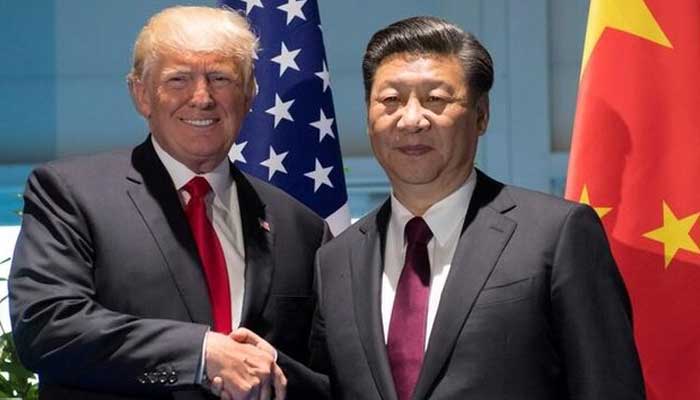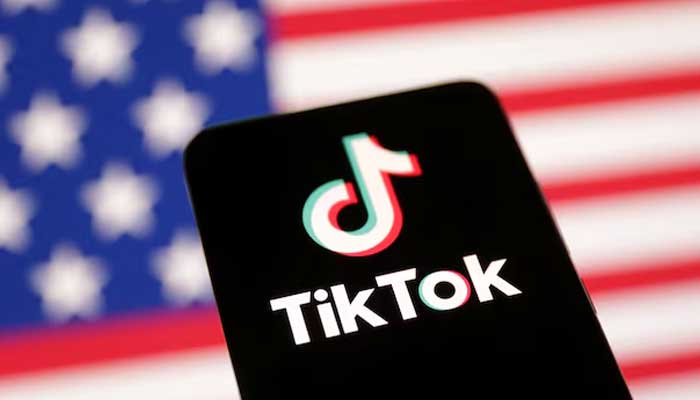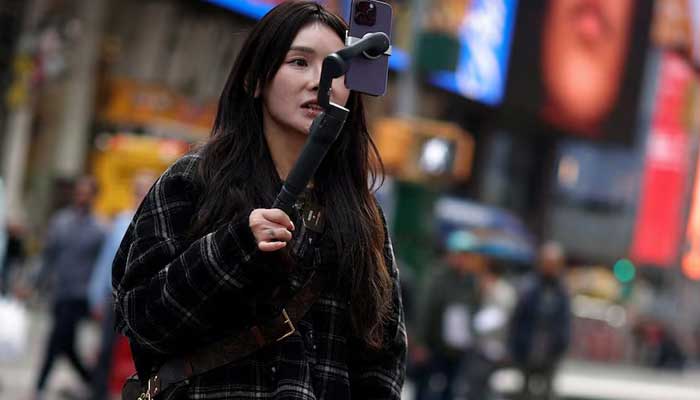
- Congress has ordered Tiktok closing for American users.
- Tiktok Deal to transfer the platform assets to the US owners.
- Us Tiktok will continue to use the Bytedonce algorithm: Fuentes
Washington: President Donald Trump and Chinese President Xi Jinping will seek an agreement on Friday to help maintain the online Video Tiktok application in the United States and relieve tensions between two superpowers locked in a confrontation on trade.
The agreement is at the top of the agenda along with the trade for the first known call of the leaders in three months, expected on Friday morning, US officials said. However, China has not confirmed the plans for the call.
Trump and XI’s effort for stable relations occurs when the two governments have been discussing a possible summit between XI and Trump during the Asia and Pacific Economic Cooperation Summit (APEC) in South Korea from October 30 to November 1, Reuters He has reported.
Beijing’s firm is one of the obstacles Trump needed to keep Tiktok open. The Congress had ordered the application to close for US users. In January 2025 if their US assets were not sold by Chinese owner Bytedance.
Trump has refused to enforce the law while his administration seeks a new owner, but also because he is concerned about the prohibition of the application would anger the huge Tiktok user base and interrupt political communications.

“I like Tiktok; it helped me choose me,” Trump said during a press conference on Thursday. “Tiktok has tremendous value. The United States has that value in your hand because we are the ones who have to approve it.”
The key questions about the treatment remain. It is not clear about the company’s precise property structure, how much China’s control will retain or if Congress will approve.
The agreement would transfer the American assets of Tiktok to the US owners of Bytedance, Reuters reported. The familiar sources with the agreement said that Us Tiktok would still use the Bytedance algorithm.
That agreement worries legislators concerned that Beijing could spy on Americans or perform influence operations through the application. China has said that there is no evidence of a national security threat raised by the application.
Complicated relationships
Trump has positioned his foreign policy approach as a search for peace and treatment. Relationships are still frost between the two largest economies in the world.
“We are quite close to an agreement,” Trump said Thursday, in an apparent reference to larger commercial conversations. “We can make an extension with China, but it is an extension based on the same terms that we have at this time, which are quite good terms.”
Other key problems include competition between both parties in semiconductors and other advanced technologies. The United States wants more Chinese soy purchases and boeing aircraft in the US.
The United States also requires China to take strong measures against the export of chemicals related to fentanyl, an important cause of overdose deaths from the United States. Beijing has accused Washington of distorting the problem.
Recent data suggests the deceleration of economies both in China and the United States.

Since he resumed the position in January, Trump walked sharply tariffs in all areas and highlighted the export -oriented economy of China with especially punitive rates. That led China to respond in kind. Tariff rates on both sides of the Pacific increased to triple digit percentages in April.
A succession of limited agreements since it can stop the Tit-For Tat tariff war between countries.
They also put aside the problems that led China to drown the rare earth magnets that Washington needs to make high -tech devices. Trump had blocked Beijing access to semiconductor design software, reaction engines and some chemicals.
“The effective use of Palos (rare earth) of China (Tiktok) has changed things to its favor,” said Scott Kennedy, head of the Chinese Economy and Companies program at the Center for Strategic and International Studies, a group of experts.
Tariffs, a tax on American importers, have been a key table of Trump’s economic policy. It has raised them to the highest levels in almost a century.
The Republican President has portrayed tariffs as an elixir that can recover lost manufacturing work, reduce the deficits of the chronic federal government, commercial imbalances perceived correctly and fold foreign countries to the will of Washington.
Despite the tariffs, China remains the third commercial partner of the United States and the source of its largest bilateral trade in goods.
Trump has threatened but so far retained punitive tariffs against Chinese exports related to Russian oil purchases in the country.
At the same time, regional concerns are multiplying over Taiwan and the southern China Sea, risked outstanding points fighting to get as much attention in Washington as the Russian-Ucrine and Gaza wars.
“The diplomacy of the heads of state plays an irreplaceable role in providing strategic orientation for United Chinese relations,” said Liu Pengyu, spokesman for the Chinese embassy in Washington.
In an early sign of goodwill before the call, China allowed the departure of Wells Fargo banker, Chenyue Mao, who was prevented from returning to the United States for several months.



